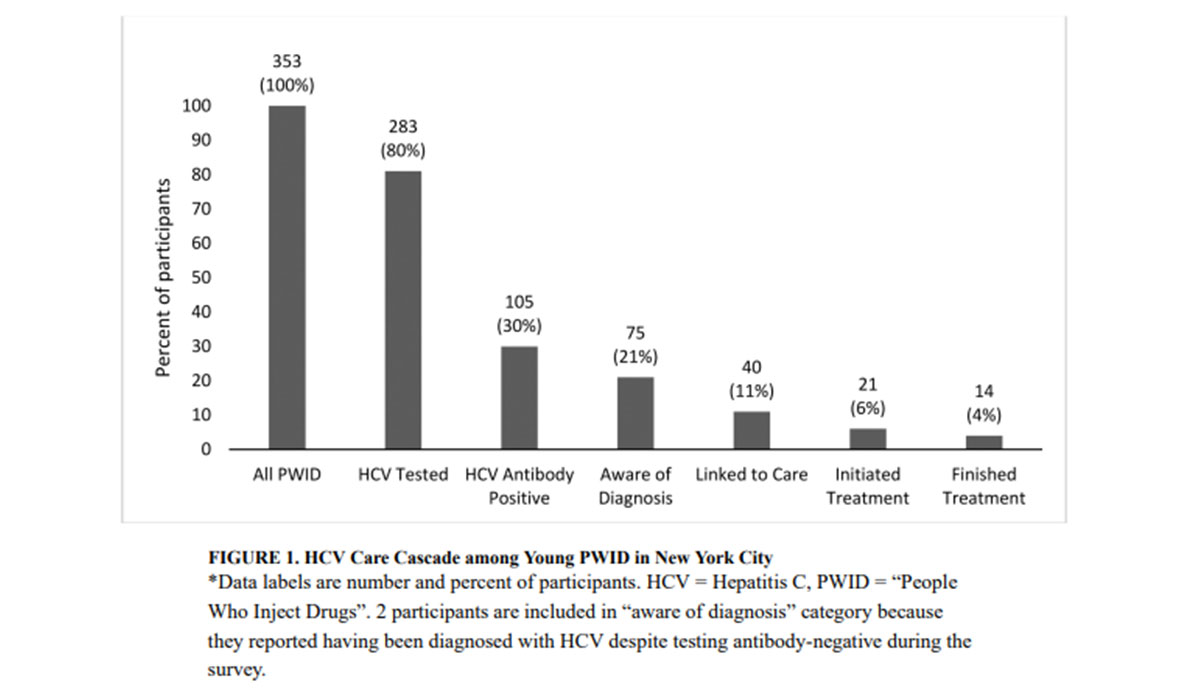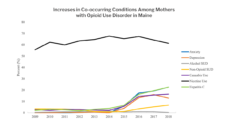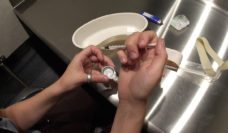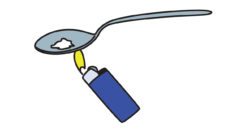People who inject drugs and share needles face a high risk of infectious diseases including Hepatitis C (HCV). Rates of HCV cases have increased four times compared to 10 years ago. Stigma and distrust of healthcare services by people who inject drugs remains a barrier for testing and treatment although HCV is easily identified with a blood test and curable with oral anti-viral medication.
Researchers surveyed 539 drug users in New York City between the ages of 18-29, including 353 participants who inject drugs. Among the group who injected drugs, 39% did not think they were at risk for HCV. The above graphic shows what researchers call the care cascade. While 75 of the 353 were aware of their HCV positive test, 40 (53%) were linked to care and only 14 of the 75 (19%) finished treatment.
The lost to follow up between each step toward cure concerns health care providers.
Younger people may be less aware of the risk of HCV associated with injection drug use; the older a participant or more experienced the more likely they had been tested for HCV prior to the study.
Researchers recommend providing community-based syringe exchange or drug treatment programs with the means to perform the more accurate blood HCV testing rather than using oral swab testing which is often done these days for ease. Programs that promote HCV treatment and engage PWID in testing and medication use improve the chance of HCV elimination in the community.
Databyte via Kapadia Shashi N, Katzman Caroline, Fong Chunki, Eckhardt Benjamin J, Guarino Honoria and Mateu-Gelabert Pedro. Hepatitis C testing and treatment uptake among young people who use opioids in New York City: A cross-sectional study, Journal of Viral Hepatitis, 2021.














